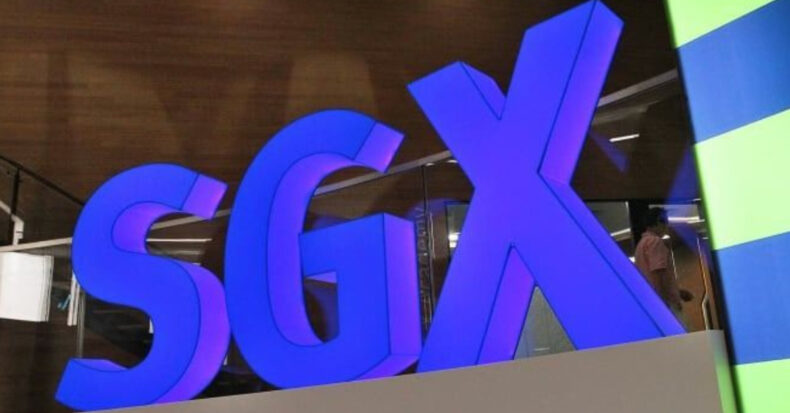In a groundbreaking move that has sent shockwaves through the global financial market, India secures $7.5B derivative trade as SGX feud ends. This historic development not only highlights the growing prominence of India as a major financial hub but also sets the stage for a new era of collaboration and opportunities in the derivatives market. Let’s delve into the details and explore the implications of this momentous shift.
The Background Story:
For years, the SGX has been a favored destination for foreign investors looking to trade Indian equity derivatives. However, this status quo was disrupted when the National Stock Exchange of India (NSE) terminated its licensing agreement with the SGX in 2018. The termination meant that popular derivative contracts like the Nifty futures and options would no longer be available for trading on the SGX platform. This move was driven by Indian regulators’ concerns about the impact on domestic liquidity and the need to retain control over Indian financial products.

The Shift to India:
Fast forward to the present, and we witness a paradigm shift as the $7.5 billion worth of derivative trade makes its way to Indian shores. This momentous development comes as a result of a compromise between the NSE and the SGX, facilitated by negotiations and a shared understanding of the benefits that can be derived from collaboration. The move signifies a significant victory for Indian regulators, who have successfully asserted their authority over Indian derivative products and managed to bring back a substantial chunk of trading volume to the domestic market.
Implications for India:
India’s emergence as the new epicenter for this massive derivative trade brings with it a host of implications, both immediate and long-term. Firstly, this shift is expected to boost liquidity in the Indian market, making it more attractive to investors and enhancing its overall standing in the global financial landscape. As liquidity increases, it creates a favorable environment for price discovery and risk management, which, in turn, stimulates market efficiency and transparency.
Moreover, the relocation of this significant derivative trade to India will undoubtedly contribute to the development of a robust and dynamic financial ecosystem. This influx of trade volume will drive the need for enhanced infrastructure, technology, and regulatory frameworks, fostering innovation and attracting further investment. As India solidifies its position as a preferred destination for derivative trading, it will create new opportunities for domestic market participants, including brokers, traders, and clearing houses.
Beyond the financial implications, this shift also holds the potential to bolster India’s reputation as a global financial hub. As international investors gain confidence in India’s regulatory environment and its ability to handle complex derivative products, it is likely to attract a broader range of foreign participants. This influx of international players will not only strengthen India’s capital markets but also facilitate knowledge transfer and the exchange of best practices, further propelling India’s financial sector onto the global stage.

Challenges and the Way Forward:
While this landmark shift marks a significant milestone for India’s derivatives market, it is not without its challenges. Ensuring seamless integration of the transferred trade, harmonizing regulatory frameworks, and building robust risk management systems will be essential to maximize the benefits of this development. Additionally, efforts to promote investor education and awareness about derivative products will play a crucial role in ensuring the responsible and sustainable growth of the market.
Conclusion: India Secures $7.5B Derivative Trade, SGX Feud Ends
The $7.5 billion derivative trade shifting to India marks the culmination of a protracted feud between the SGX and Indian regulators. This momentous development signals India’s growing prominence as a global financial hub and opens up new opportunities for domestic market participants. The increased liquidity, market efficiency, and reputation boost resulting from this shift will propel India’s derivatives market to new heights. As the world watches India’s financial sector thrive, it is clear that this significant milestone is not only a win for India but also a catalyst for broader collaboration and innovation in the global financial market.













